Many years ago, I made the decision to stop eating sugar or foods that contained sugar. As I have learned more about how sugar affects the body in the context of an otherwise healthy diet, I have amended that initial knee-jerk reaction. But I still say “No thanks” to most sugary foods almost all of the time.
Today Australians consume almost a cup of sugar a day every day of the year. Most of it hidden in drinks and packaged foods. So my statement may strike some readers with disbelief – how can anyone live sugar-free, and why would they want to?
For most of human history, sugar was not available, except as maple syrup seasonably or honey if a bee tree was robbed. But now that we all eat so much of it, we think we can’t live without it.
<This short video> looks at just how much added sugar is too much.
Join the (sugar-free) party!
These days, thousands of people in the Western world are giving up sugar and foods containing sugar in day to day eating. It is becoming more normal to keep these foods for rare treats. People who cut out sugar see remarkable health benefits, and they feel better too after the first difficult days.
Sugar is one of the main ingredients of junk food. Processed ‘junk’ food is the worst thing for our health. It is more closely implicated in our main killer diseases, heart disease and cancer, than even saturated fat.
“If only a small fraction of what is already known about the effects of sugar were to be revealed in relation to any other material used as a food additive, that material would promptly be banned.”
John Yudkin, University of London
If you feel jittery or fatigued without sugar, you may have hypoglycaemia, or low blood sugar between meals. You are using sugar to keep your energy levels up. Here is a free diet plan that you may find helpful.
Breaking the addiction
Giving up sugar initially was not easy for me. I was addicted to it.
After a few weeks, however, my taste buds came back to life. I started noticing how sweet and tasty other foods now were, and before long, life felt worth living again.
That’s how addictions catch you. When you stop lighting up the pleasure centres in your brain with addictive substances, you feel depressed at first. Life feels dull and grey. Sugar is one of these addictive substances.
Eventually, your body starts to recover from the addiction. Then milder things, such as a piece of fruit, start to light up the pleasure centres.
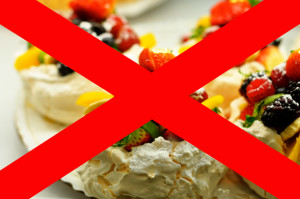
Cancer loves sugar (but it also loves protein and fats too)
A cancer cell uses 3 – 5 times the amount of sugar of other body cells. It hijacks sugar taken in and uses it to grow itself, in effect gradually starving the rest of the body. We have a diagnostic test for cancer called a Positron Emission Test (PET). Radioactive glucose (a component of sugar) is injected into the person with cancer. Then a Geiger-counter-like device is used to find where all the glucose has accumulated; that is where the tumour has metastasised to.
There is no need to avoid anything containing natural sugar if you have cancer. Because then the tumour switches to using protein or fat for fuel. This is well-proven. Eating a whole-food, nutrient-dense diet is one of the best things you can do for cancer.
Saying ‘No’ to sugar – what to say
You can do it. I got sugar out of my regular diet and so can you.
Once you make up your mind that your health isn’t going to be decided by your friends and their food choices, you are going in the right direction. ‘Going with the flow’ food-wise eventually leads to ill-health because people have lost touch with what is normal and healthy. I didn’t want to let others decide for me whether I am healthy or not.
I have a plan for those times where I am somewhere where it seems impolite to say ”No thanks”. Being offered a piece of cake made by a child is one such situation. If unavoidable, I’ll have one bite, and that’s it. Or I’ll ask to take it home in a serviette to eat later.
But those times when you can’t politely decline are few and far between. There are many acceptable ways to politely decline:
- “I just ate lunch”
- “I’m full”
- “I don’t take sugar”
- “I’ve got a big dinner to go to and am holding off for that”
- “No thanks!!!”
Worrying about what others think of your choices
Most of the time people couldn’t care less what you ate or didn’t eat – they’re more concerned with what they are eating. And if someone does care about your healthy choices, honestly, it’s their problem, not yours.
Worrying about what others think about your food choices reflects more upon your own insecurity than what they actually are thinking. If I am straightforward about my choices (and feel confident to clarify them when needed), I find people flow with that and it is no real issue.
Maybe they comment negatively about it later on, but if I worried about what people said about me behind my back, well – what sort of a life would that be? I’ve got more important things to spend my time thinking about.
Other’s opinions about whether I eat dessert, drink alcohol, prefer tofu, go to bed early only become issues when I try to make them an issue.
Getting free from co-dependency regarding food choices
It’s quite common to entertain guests and discover that one person doesn’t eat tomatoes, or chilli or fish or someone is pregnant and not drinking wine, or someone is watching their weight and doesn’t want dessert or someone can’t eat gluten. Even though I have prepared what I thought were nice dishes, it doesn’t bother me that different people have different tastes. I invited them to bless them and hang out with them, not cause them stress.
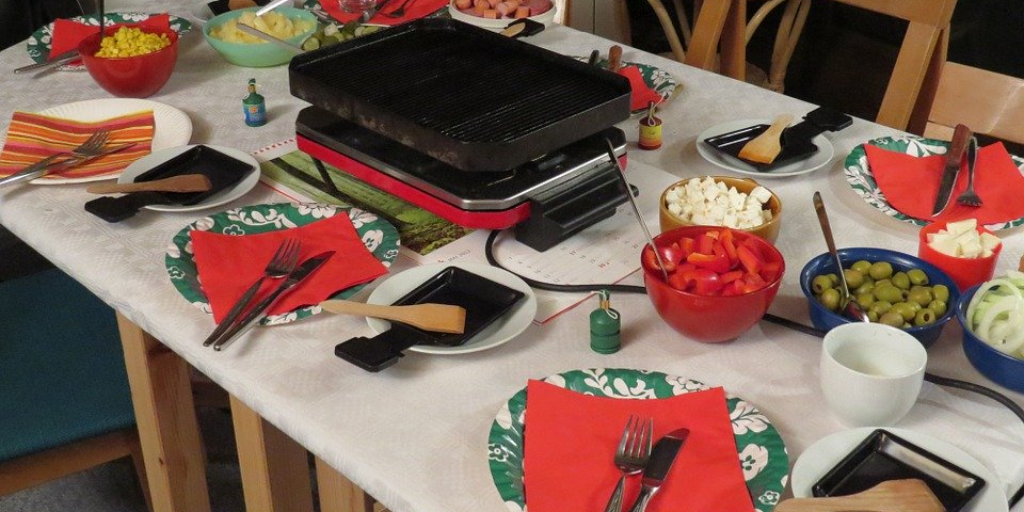
My success as a cook and hostess is not dependent on whether everyone likes everything. I can accept that people prefer different foods, and hope they can accept the same about me.
I am not obliged to keep everyone happy, especially with food choices.
We have created an unhealthy type of co-dependency when we do not feel we can comfortably say “No, thank you” to things we prefer not to eat.
Let people think what they will. It’ll be a healthier world when we can think for ourselves, and say, “No sugar, thanks.”
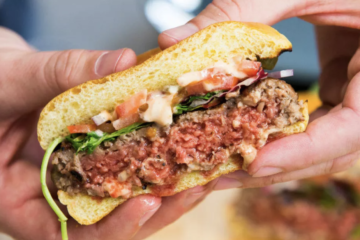
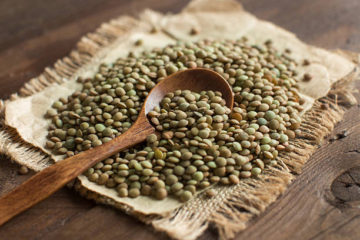
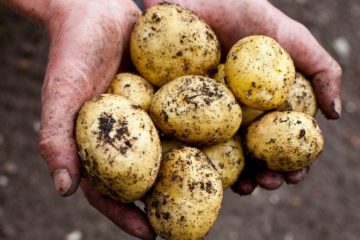
0 Comments